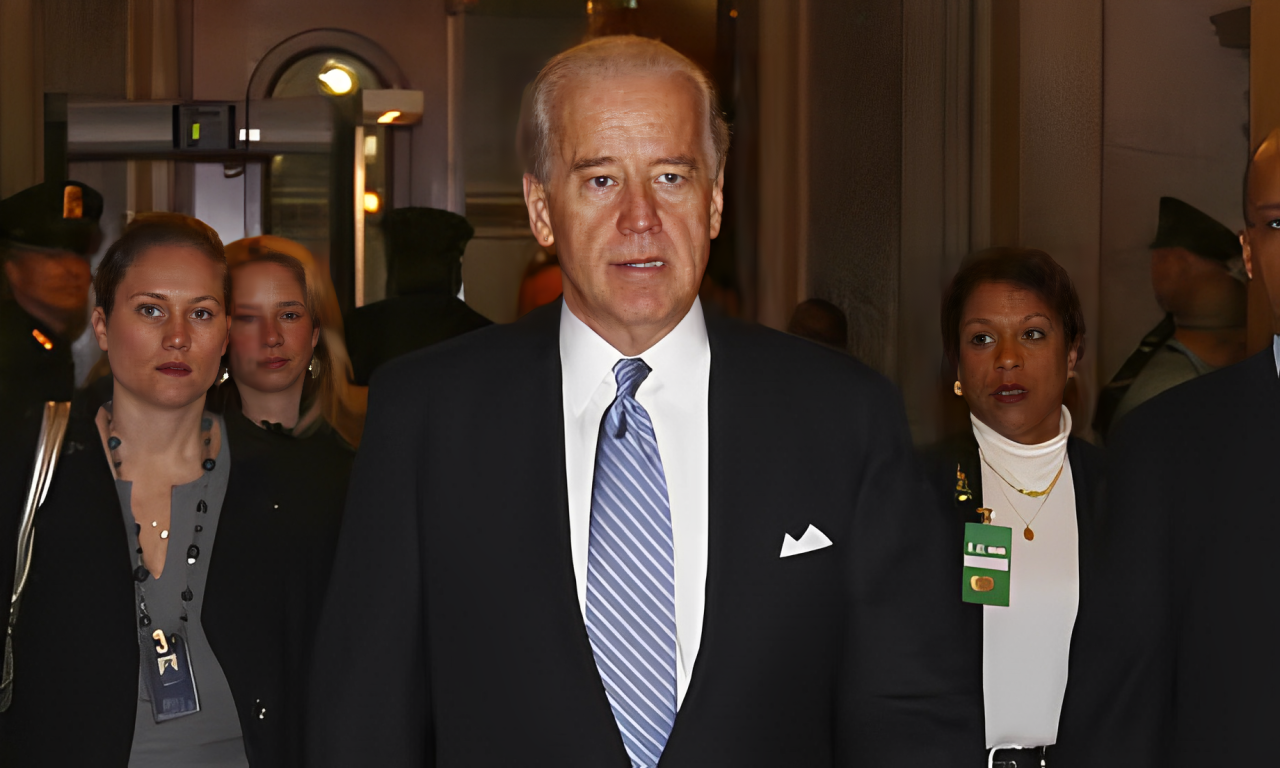U.S. Senate has advanced a comprehensive healthcare reform bill designed to tackle pressing issues within the nation’s healthcare system. The legislation focuses on reversing recent Medicare payment cuts, reforming the prior authorization process, and extending telehealth flexibilities. While the bill has garnered bipartisan support, it has also ignited intense debate among lawmakers.
Reversing Medicare Payment Cuts
Effective January 1, 2025, physicians faced a 2.8% reduction in Medicare payments, marking the fifth consecutive year of such cuts. When adjusted for the rising costs of running a medical practice, this equates to a 33% decrease over the past two decades. The proposed legislation seeks to halt the 2.8% cut and provide a partial inflation update of 2%, offering some relief to healthcare providers.
“Medicare payments to physicians have not kept pace with economic realities and rising healthcare costs,” said Congressman Jimmy Panetta (D-CA), a co-sponsor of the bill. “This legislation ensures that providers are not penalized by harmful cuts while adjusting reimbursements for inflation.”
Reforming Prior Authorization
The bill also addresses the burdensome prior authorization process in Medicare Advantage plans. Physicians have long reported that prior authorization requirements lead to delays in patient care and increased administrative workload. A survey by the American Medical Association found that over 90% of physicians believe prior authorization negatively affects clinical outcomes.
The proposed reforms aim to streamline the prior authorization process, enhancing accountability and transparency. The legislation has received broad bipartisan support, with a majority of House and Senate members co-sponsoring companion bills.
Extending Telehealth Flexibilities
Telehealth services expanded significantly during the COVID-19 pandemic, providing essential care access, especially in rural and underserved areas. The current bill seeks to make permanent the telehealth flexibilities that were temporarily authorized during the public health emergency. This move aims to ensure that all Americans can continue to access necessary healthcare services remotely.
“We must make these flexibilities permanent and secure telehealth’s future as an essential element of our patient toolbox,” emphasized Dr. Bruce A. Scott, President of the American Medical Association.
Debate and Opposition
Despite its bipartisan support, the bill has faced opposition from some lawmakers concerned about its potential impact on federal spending and the healthcare market. Critics argue that the proposed changes could lead to increased costs and unintended consequences.
Senator Jim Burgin (R-Angier) expressed concerns about additional healthcare costs, stating that the bill aims to prevent future requirements on plans that could drive higher premiums.
Next Steps
The bill now moves to the House of Representatives, where it is expected to face further debate. Lawmakers are under pressure to act swiftly, as the current telehealth flexibilities are set to expire on March 31, 2025. The healthcare community is closely monitoring the bill’s progress, emphasizing the need for timely reforms to ensure continued access to quality care for all Americans.
Disclaimer: This article has been meticulously fact-checked by our team to ensure accuracy and uphold transparency. We strive to deliver trustworthy and dependable content to our readers.








